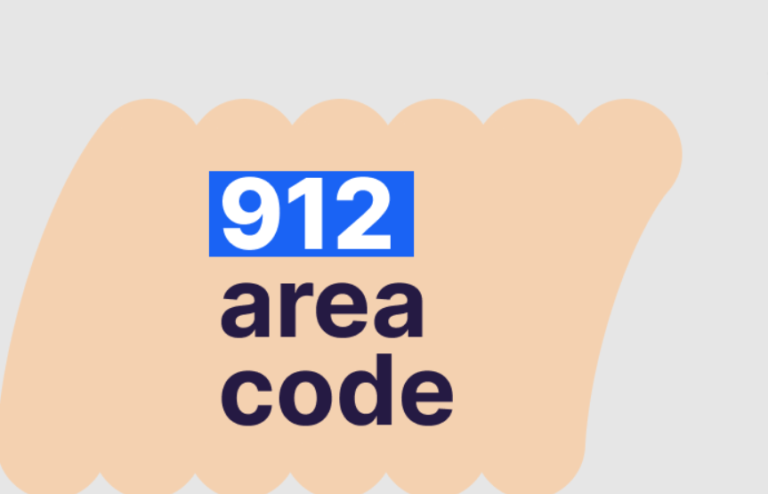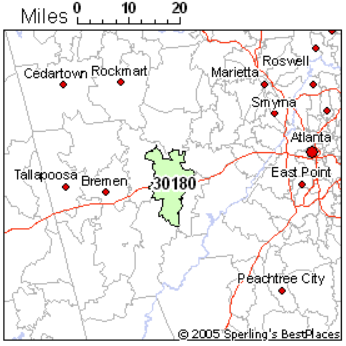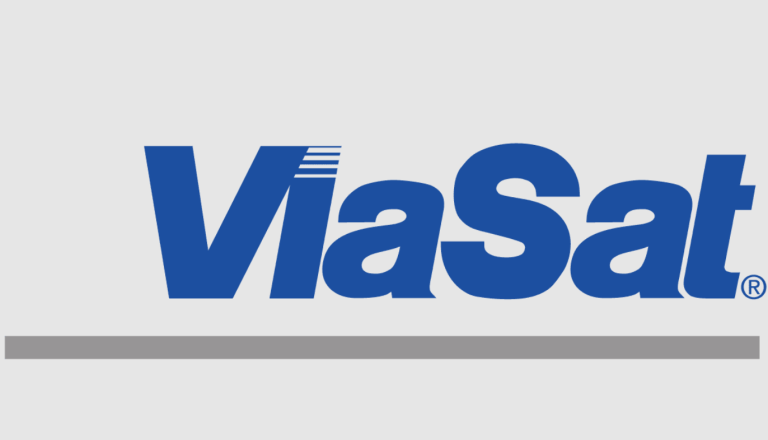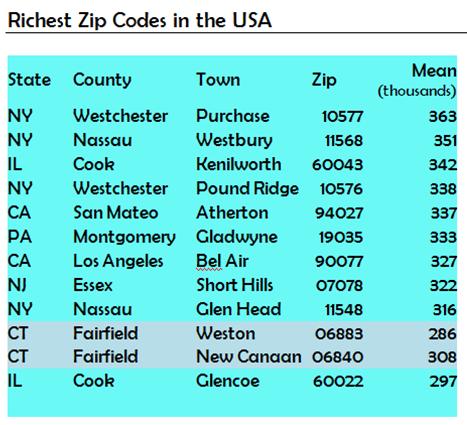In today’s rapidly evolving healthcare landscape, employers are constantly seeking innovative ways to attract and retain top talent. One such innovation gaining significant traction is the Medical Travel HRA (Health Reimbursement Arrangement). This unique benefit allows employers to reimburse employees for eligible medical expenses incurred while traveling for medical treatment.
What is a Medical Travel HRA?
A Medical Travel HRA is a type of employer-funded health benefit that allows employees to receive tax-free reimbursements for qualified medical expenses related to medical travel. This includes expenses such as:
- Travel to and from the medical facility
- Lodging
- Meals
- Incidental expenses (e.g., parking, tolls)
The Benefits of a Medical Travel HRA
For Employers
- Attract and retain top talent: Offering a Medical Travel HRA demonstrates a commitment to employee well-being and can help attract and retain top talent in a competitive job market.
- Cost savings: By allowing employees to access high-quality, cost-effective care outside their local area, employers can potentially reduce healthcare costs.
- Flexibility: Employers can customize their Medical Travel HRA to meet the specific needs of their workforce.
For Employees
- Access to high-quality care: A Medical Travel HRA enables employees to seek treatment from leading specialists and facilities, regardless of location.
- Cost savings: By traveling for medical treatment, employees can potentially save on out-of-pocket costs.
- Peace of mind: Knowing they have financial assistance for medical travel can provide employees with peace of mind.
Key Considerations for Implementing a Medical Travel HRA
If you’re considering implementing a Medical Travel HRA, there are several key factors to keep in mind:
- Eligibility: Determine which employees will be eligible for the benefit.
- Reimbursement limits: Set clear limits on the amount of reimbursement employees can receive.
- Qualified expenses: Clearly define which medical expenses are eligible for reimbursement.
- Documentation requirements: Establish procedures for employees to submit documentation for reimbursement.
- Communication: Effectively communicate the details of the Medical Travel HRA to employees.
The Future of Medical Travel HRAs
As healthcare costs continue to rise and the demand for high-quality care increases, Medical Travel HRAs are poised to become an increasingly popular employee benefit. By offering this valuable benefit, employers can demonstrate their commitment to employee well-being and gain a competitive edge in the war for talent.
Case Studies: Real-World Examples of Medical Travel HRAs in Action
To illustrate the potential impact of Medical Travel HRAs, let’s explore a few real-world case studies:
- Company A: A large manufacturing company implemented a Medical Travel HRA to help employees access specialized care for complex medical conditions. The program resulted in significant cost savings for the company and improved employee satisfaction.
- Company B: A small tech startup offered a Medical Travel HRA as part of its comprehensive benefits package. This helped the company attract and retain top talent in a highly competitive industry.
- Company C: A healthcare organization implemented a Medical Travel HRA to support employees seeking treatment for rare diseases. The program enabled employees to access life-saving care that was not available locally.
Conclusion
Medical Travel HRAs represent a win-win solution for both employers and employees. By providing financial assistance for medical travel, employers can improve employee health and well-being, reduce healthcare costs, and attract and retain top talent. Employees, in turn, gain access to high-quality care, potentially save on out-of-pocket costs, and enjoy greater peace of mind. As the healthcare landscape continues to evolve, Medical Travel HRAs are poised to play an increasingly important role in the future of employee benefits.
Additional Considerations
- Tax implications: It’s important to consult with a tax advisor to ensure compliance with all applicable tax laws and regulations.
- Legal considerations: Employers should also consult with legal counsel to ensure their Medical Travel HRA complies with all relevant employment laws.
- Provider network: Consider partnering with a network of healthcare providers to facilitate access to high-quality care for employees.
- Technology: Utilize technology to streamline the administration of the Medical Travel HRA and improve the employee experience.
By carefully considering these factors and implementing a well-designed Medical Travel HRA, employers can create a valuable benefit that supports employee health and well-being while also contributing to the overall success of their organization.
The Role of Technology in Medical Travel HRAs
Technology plays a crucial role in the successful implementation and management of Medical Travel HRAs. From online platforms for submitting reimbursement requests to mobile apps for tracking expenses, technology can streamline the process and improve the overall employee experience. Additionally, technology can help employers identify cost-effective travel options and connect employees with reputable healthcare providers.
The Importance of Communication and Education
Effective communication and education are essential for maximizing the benefits of a Medical Travel HRA. Employers should clearly communicate the details of the program to employees, including eligibility requirements, reimbursement limits, and qualified expenses. Additionally, employers should provide educational resources to help employees understand the benefits of medical travel and make informed decisions about their healthcare.
The Impact of Medical Travel HRAs on Employee Engagement
Offering a Medical Travel HRA can significantly impact employee engagement and morale. By demonstrating a commitment to employee well-being and providing access to high-quality care, employers can foster a positive work environment and improve overall employee satisfaction.
The Global Perspective on Medical Travel HRAs
While Medical Travel HRAs are gaining popularity in the United States, they are also being adopted by employers in other countries. As globalization continues and healthcare costs rise, Medical Travel HRAs are likely to become an increasingly common benefit offered by multinational companies.
The Future of Healthcare is Borderless
Medical Travel HRAs are part of a larger trend towards borderless healthcare. As technology advances and access to information improves, patients are increasingly seeking care outside their local area. Medical Travel HRAs empower employees to take control of their healthcare and access the best possible treatment, regardless of location.
In conclusion, Medical Travel HRAs represent a valuable tool for employers seeking to attract and retain top talent, reduce healthcare costs, and improve employee well-being. By embracing this innovative benefit, employers can position themselves at the forefront of the evolving healthcare landscape and create a healthier, more engaged workforce.
Read More: BCBSIL Small Business Health Insurance: A Comprehensive Guide







